A fire outbreak on Sunday razed several shops at the Old Market in Sokoto, destroying goods and property estimated to be worth millions of naira.
The National Emergency Management Agency, Sokoto Operations Office, said its Emergency Response Team was swiftly deployed to the scene following reports of the incident.
In a statement uploaded on NEMA Sokoto Facebook page on Sunday, it was stated that the team responded “promptly and decisively” to the fire outbreak, which occurred in the Sokoto State capital.
“The NEMA Sokoto Operations Office, through its Emergency Response Team, swiftly responded to a fire outbreak at the Old Market in the Sokoto State capital,” the agency said.

NEMA added that the response was carried out in collaboration with the Sokoto State Emergency Management Agency, with the aim of containing the fire and limiting further losses.
“Our team, in collaboration with the Sokoto State Emergency Management Agency, was on ground to coordinate response activities aimed at containing the fire, which engulfed several shops and destroyed property estimated to be worth millions of naira,” the statement read.

According to the agency, other response stakeholders were also mobilised to ensure effective firefighting and control of the situation.
“Response stakeholders, including the Fire Service and other relevant agencies, worked collaboratively to bring the situation under control,” NEMA said.
It noted that the combined efforts of the emergency agencies helped to prevent the fire from spreading to other parts of the market.
“Through joint efforts and effective coordination, the fire was eventually subdued, preventing further spread and damage,” the agency added.
As of the time of filing this report, no casualties had been confirmed, while the cause of the fire was yet to be determined.
NEMA said it would provide further updates on the incident as more information becomes available.







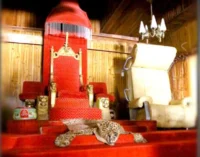
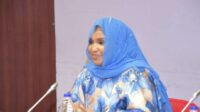
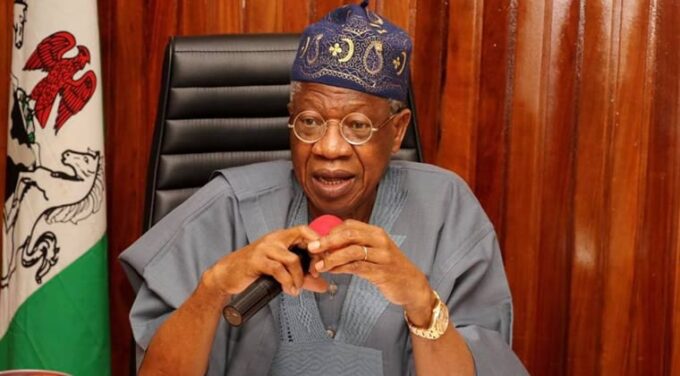
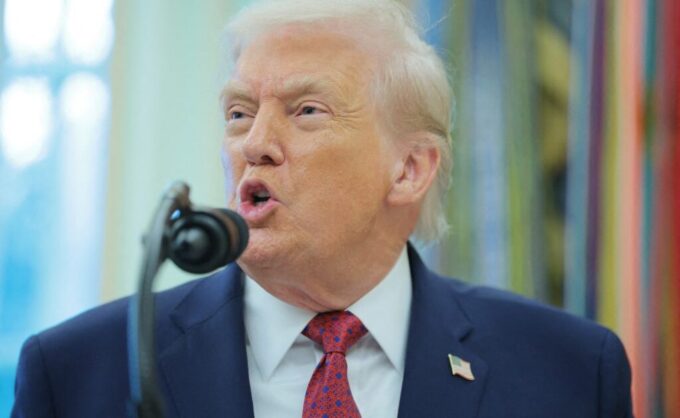
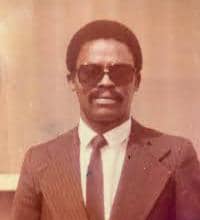
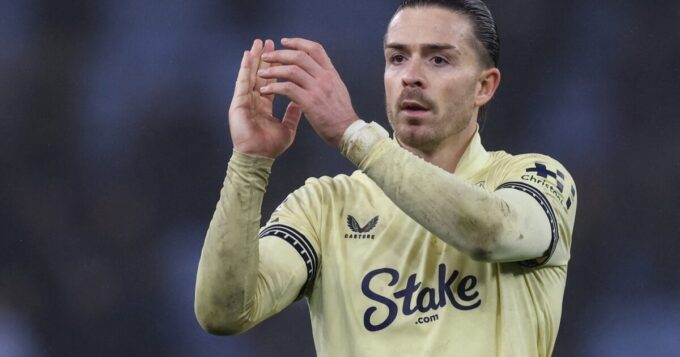



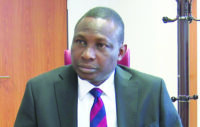
Leave a comment